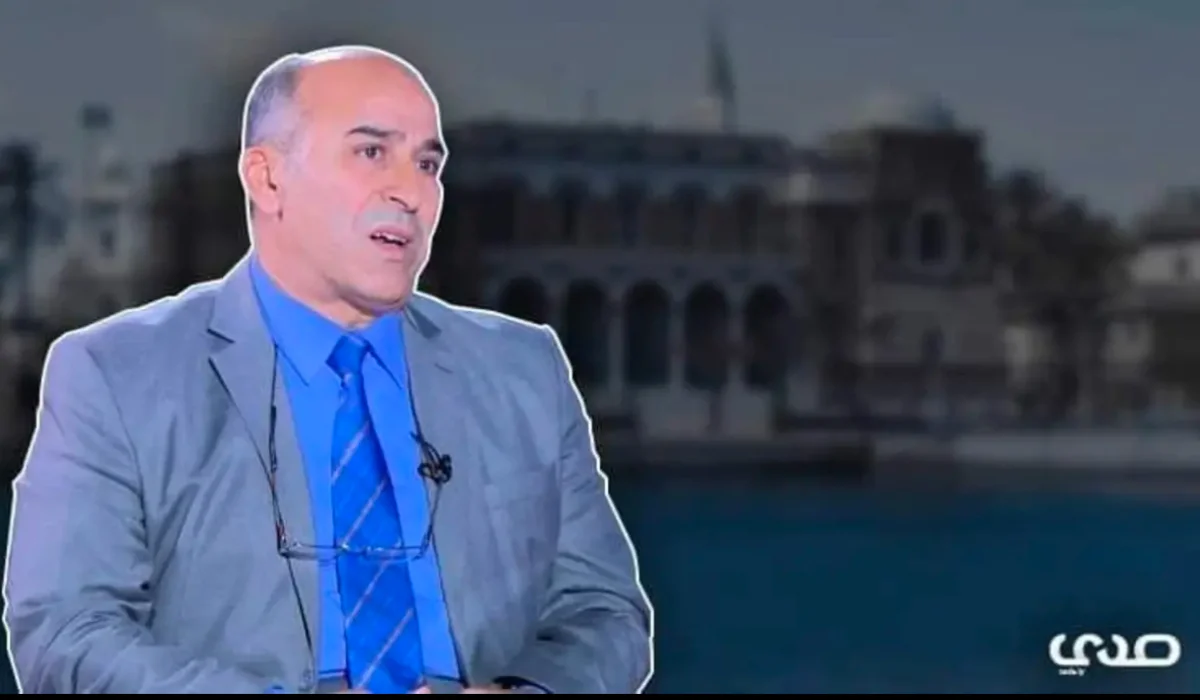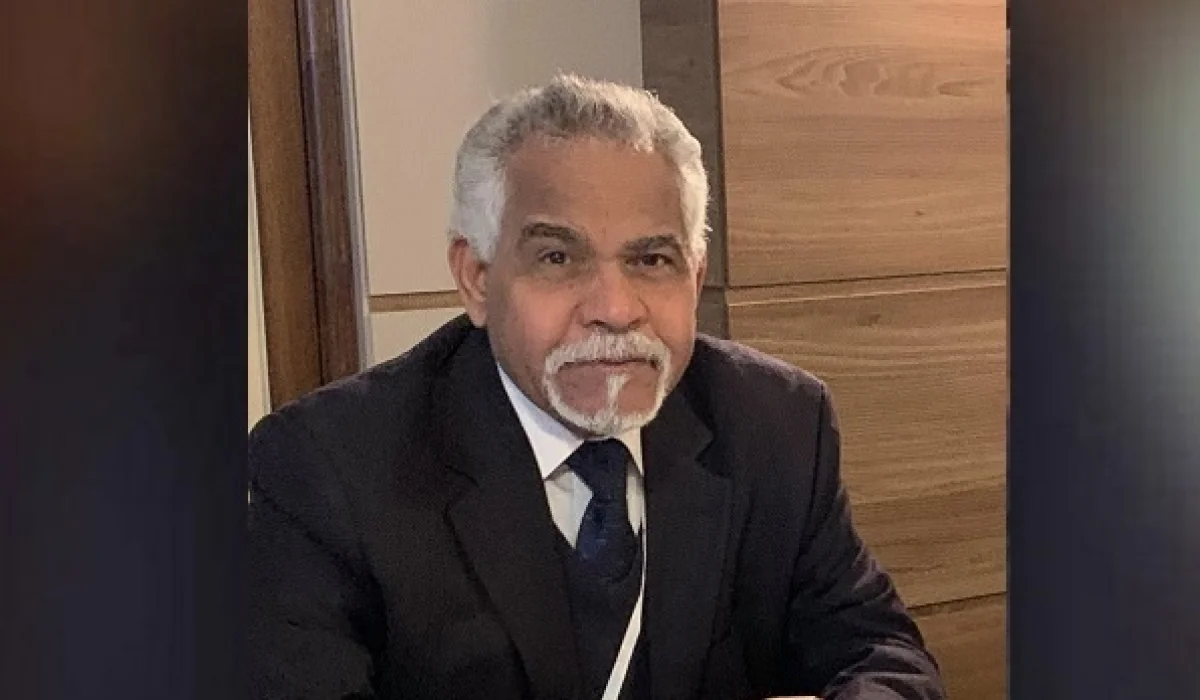The Central Bank Takes Measures to Adjust the Exchange Rate… Lists the Reasons and Issues Numerical Warnings
The Governor of the Central Bank of Libya issued a statement today, Sunday, regarding the Bank’s decision to adopt a series of strict measures, including a reconsideration of the exchange rate, in order to create balance in the economic sectors amid the lack of hope or prospects for unifying the dual government spending.
The Governor revealed that the volume of dual public spending during 2024 reached 224 billion Libyan dinars, including 123 billion in expenditures by the Government of National Unity, 42 billion in oil swaps, and about 59 billion in spending by the eastern-based Libyan government. This was matched by oil and tax revenues totaling 136 billion dinars. This level of spending created a demand for foreign currency amounting to $36 billion.
He continued: The expansion in dual public spending over the past years, and particularly in 2024, has led to a sharp increase in the money supply, which has reached 178.1 billion dinars. This is expected to result in several negative economic effects and poses serious challenges to the Bank due to the limited tools available to contain it. It will also create further demand for foreign currency, continued pressure on the Libyan dinar exchange rate in the parallel market, higher inflation rates, and risks to the public’s trust in the local currency.
He added that foreign currency revenues from oil exports deposited at the Central Bank amounted to only $18.6 billion in 2024, while expenditures in foreign currency reached $27 billion, leading to a significant gap between the demand for foreign currency and what is available. This has made it difficult for the Central Bank to define a clear exchange rate policy due to the increasing demand for foreign currency and the expansion of dual public spending.
He stated that if decisions to spend continue to be issued based on the 1/12 monthly budget formula in 2025 by both governments, and public spending continues at the same pace as in 2024, reaching 224 billion dinars, it will worsen the financial and economic situation of the country. This will present new challenges for the Central Bank, increase the demand for foreign currency, exacerbate deficits in the balance of payments and the general budget, and lead to a growing public debt.
He pointed out that data from the first quarter of 2025 clearly show the continuation of dual public spending, deficit financing, and increased demand for foreign currency, while oil revenues remain insufficient to cover the gap—something he described as dangerous. Foreign currency expenditures in Q1 amounted to around $9.8 billion (including $4.4 billion in letters of credit and transfers, $4.4 billion via business and personal-use cards, and $1 billion in government spending), equivalent to 55 billion dinars. Meanwhile, oil revenues and royalties deposited in the Central Bank amounted to only $5.2 billion by March 27, resulting in a deficit of about $4.6 billion in just three months. The situation could become even more critical if oil production or export levels decline due to any variable, or if global oil prices drop.
He added that the expansion of public spending, resulting from various decisions and laws, has increased the public debt held by the Central Bank in both Tripoli and Benghazi, reaching around 270 billion dinars—84 billion in Tripoli and approximately 186 billion in Benghazi. The total public debt is expected to exceed 330 billion dinars by the end of 2025 in the absence of a unified budget and with spending continuing at the 2024 rate. This is an extremely serious and unsustainable indicator and will cause major distortions in macroeconomic indicators.
He continued: To reduce the gap between supply and demand for foreign currency and the balance of payments deficit, the Bank was forced to use part of its foreign currency reserves temporarily to maintain exchange rate stability at acceptable levels, in order to preserve the prices of goods and services, and limit runaway inflation and the erosion of purchasing power. However, reliance on reserves is unsustainable. Therefore, the Central Bank had no choice but to reconsider foreign exchange regulations and the exchange rate in order to contain the consequences of unrestrained public spending and the absence of effective, goal-oriented macroeconomic policies.
The Central Bank affirmed that it continues to fulfill its duties in maintaining foreign assets at levels exceeding $94 billion, including $84 billion in reserves managed by the Bank, despite the significant challenges and the risky environment in which it operates.
It also noted that the inability to combat and curb the smuggling of goods and fuel has worsened the crisis by increasing the demand for imports and draining the foreign currency available to the Central Bank. Furthermore, the growing number of unregistered foreign workers and illegal migrants—estimated to cost around $7 billion annually—has increased the consumption of goods and demand for foreign currency in the parallel market, which has become a source of funding for illicit activities, money laundering, and terrorism financing.

















